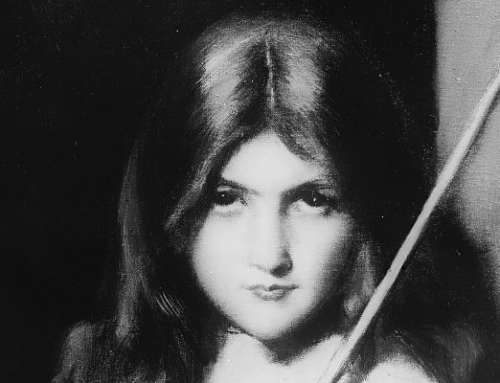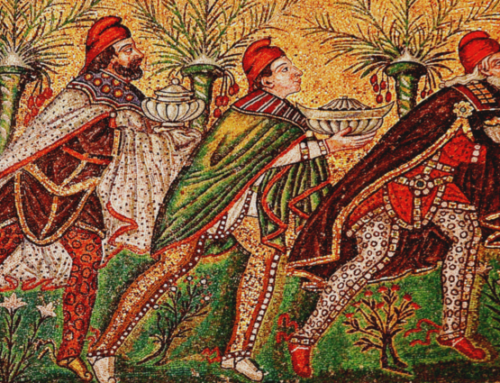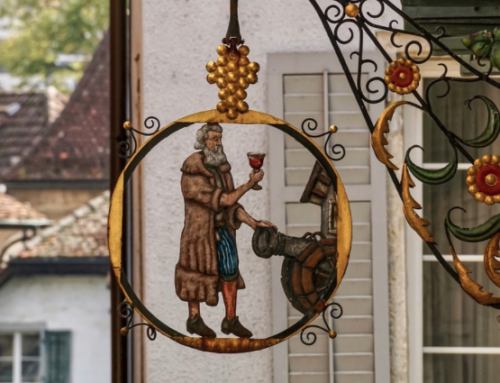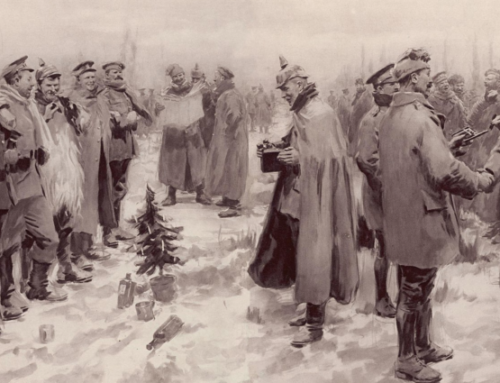
“I simply had enough!” exclaimed my friend, Haji Haroon.
His Eastern Afghan home-province of Nangarhar was, five years ago and ever since, plagued with Taliban resistance and many districts remain off-limits to government officials. But Haroon decided on a clever strategy to purge extremism from his green and attractive village on the edge of their major city, Jalalabad.
“Really, I’d had it,” the 45-year old Pushtoon continued. “Particularly in the misrepresentation of Islam, with these radicals insisting that Islam is about killing anyone you disagree with. I love my religion and what these people say is simply not Islam.” His strategy began with the village mullah.
Village mullahs are–often quite unintentionally–the initial agents of radicalisation, he explained. Almost inevitably the poorest members of any village, the cleric and his family live without a salary. Daily they go door-to-door collecting their food from their neighbours, begging to buy clothes or to pay a medical bill. Poor, unable to pay a share of village costs and usually not the brightest fellow around, the mullah tends to be excluded from village decision-making.
Like English vicars of old, Afghan mullahs are generally ignored–except for funerals, weddings, and Friday prayers at the mosque. They are often the butt of jokes: A mullah is drowning in a river but refuses to extend his hand for someone to pull him ashore. Finally, a stranger shouts, “Mullah! Take my hand!” and the cleric reaches out and is pulled to safety. “I understand mullahs,” the stranger explains, “a mullah will never give you anything, even his hand, but he’ll take everything, including my hand.” Because mullahs must live on hand-outs, they are often said to be greedy.
Needless to say, Haroon explained, mullahs often grow jealous, resentful and angry. Abandoned, neglected, and disrespected, living in hovels in far less comfort than those around them, they often turn against everything and everyone, using Islam as their only weapon of superiority and self-esteem–and their interpretation of the faith is, not surprisingly, often as negative as they are. The bad attitude can be contagious, especially to the young confronted by radical propaganda from the outside world.
So, Haroon, from a family long respected across his entire province, pulled his neighbours together and made his case. They must stop the threat of radicalism here at home or their village might fall prey to the violence engulfing neighbouring districts: it had to start by eliminating the poisonous negativity of their long-neglected, very grumpy mullah. Once convinced, the villagers agreed to pay the mullah a modest salary that allowed him even to buy a small television set, such as many of his neighbours had but he had not.
The mullah was given a seat on various village committees, and the neighbours made it a point to solicit his secular opinions for the first time in his life: “Do you think we should fix up the hudjra (the shared village guest-cottage),” they asked him, “or save the money in case the irrigation intake needs repair?” His thoughts had never mattered before. Suddenly, his neighbours cared about his views.
“It took six months or so, but our mullah was transformed,” Haroon recalled. “Over time, he became as reasoned and pleasant as the rest of us.” Children who listened to the mullah were no longer taught that the government was wicked or that their parents were bad Muslims. “Our mullah became truly one of us,” he added.
“Then I started the second phase,” Haroon explained with a smile.
There was no way in which to turn the largely-unlettered local mullah into a religious scholar, and there were plenty of radical notions afoot–especially those introduced through audio-taped sermons, songs, and poems circulated by the insurgents. These were perverting children’s thinking, he said, but there were no local intellectually-respectable sources to counter the radicals’ poisonous arguments.
“Islam isn’t about killing Christians or Hindus or Jews, or American soldiers or Afghan government troops. It teaches us to be obedient to Allah especially by being pious, generous, tolerant and forgiving. But children were picking up angry ideas, bad ideas,” Haroon insisted, shaking his head.
So he went to the university in Jalalabad and hired two graduate students in Islamic Studies. Then he explained to his neighbours that the young men would teach classes on Islam–“real Islam,” he repeated–six days a week after school. Haroon volunteered to pay the young teachers for the first year, after which their modest fees would have to be met by all the parents if they wished for the programme to continue.
The parents agreed, and within a month or so virtually all of the children attended after-school classes which proved to be interesting and quite popular among both the students and their parents. The elders and the parents–who had grown up unaffected by radical (and very un-Afghan) interpretations of Islam introduced through largely Arab influences in the refugee camps in Pakistan–were delighted to see their faith taught properly and well.
The tutors were almost village celebrities because Afghan tradition venerates education. Moreover, as we know from worldwide public health education campaigns using students to educate their elders about anti-malarial bed-nets and such, children brought their religious lessons home to discuss with the families over dinner. Children enjoyed the status and attention that came from them ‘teaching’ their moms and dads, while parents and grandparents were delighted to see the youngsters so taken up with the rich moral, ethical and doctrinal issues central to Islam.
I had known Haroon for almost 20 years. We had met working in Pakistan for a foreign relief group that turned out to be financially suspect, so we had mutinied and set up our own Afghan-led NGO running medicine behind enemy lines and helping villagers with agriculture. He took enormous pains to keep me out of harm’s way, secretly of course, but on a few rare occasions we had dodged the same bullets and bombs that the soft-spoken, brave fellow had faced every week in order to keep the farms running, the clinics supplied, and the henhouse full of squabbling but still valiant Afghan lady doctors and nurses ferried back and forth across the border. Year by year, my younger friend had grown ever deeper and more perceptive until everyone who knew him–including me–turned to him for advice. By no means rich, he came from a respected family of local khans or squires, and he himself had grown into a khan of real substance. It had been a remarkable pleasure to watch, but here he had out-done himself.
“Did it work?” I asked him eagerly, for his experiment was then at least three years old.
Haroon shrugged and gave me one of those Afghan half-smiles. “So far,” he said modestly, for polite understatement is an Afghan tradition.
His strategy succeeded, without costing much money, by using his leadership to form a village consensus, then by everyone applying time and attention to the mullah, and then by all of them paying for teachers while reinforcing good values among their children. An Afghan village problem was solved by Afghans and that was the only possible way: foreigner unbelievers there, whose only crude tools are money and bombs anyway, would have lacked the credibility to talk about Islam to Afghan Muslims. Even Afghan outsiders would have been less convincing than Haroon, a fellow villager.
There are, of course, many reasons why young Afghan men join the insurgents. Afghan farms are usually too small to feed a family, and so people augmented their tiny incomes with off-farm jobs that are only now being rejuvenated–thus many youths carry a gun or plant a bomb merely in return for food. Others have been radicalised by foreign interpretations of their faith. Some retaliate against abuses by occupying armies, for I have never met an Afghan lacking in patriotism and pride even if sometimes misapplied. Some, no doubt, simply don’t like the idea of crass foreign people swaggering into their country and throwing their weight around.
But I think that I know a pretty, green, Afghan village where radicalism just isn’t a problem.
Books on the topic of this essay may be found in The Imaginative Conservative Bookstore. The Imaginative Conservative applies the principle of appreciation to the discussion of culture and politics—we approach dialogue with magnanimity rather than with mere civility. Will you help us remain a refreshing oasis in the increasingly contentious arena of modern discourse? Please consider donating now.







This is a wonderful piece. Thank for so much for sharing, Mr. Masty!
Steve,
This is a beautiful piece. May it gain the large audience it deserves.
best,
Bob Reilly